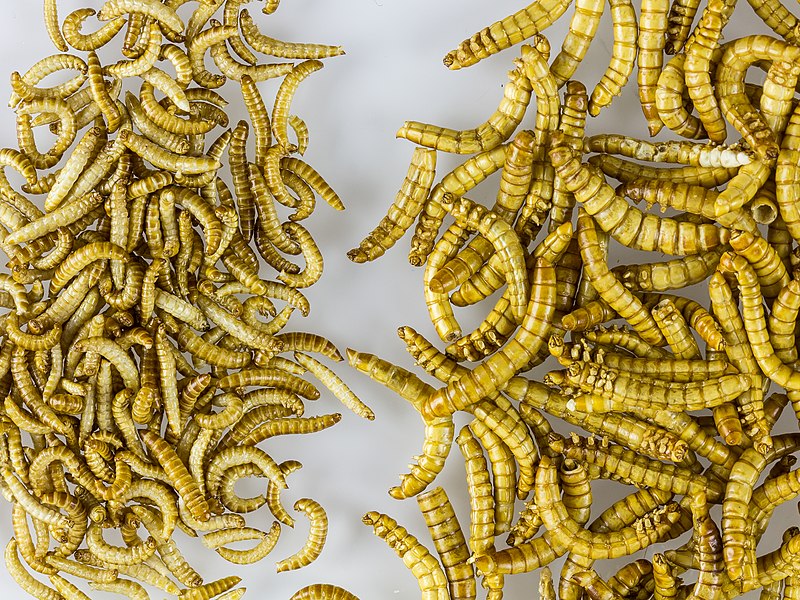News release
From:
Descending control of nociception in insects?
We stand at an important crossroads of how to feed a human population projected to reach 10 billion by 2050, while conventional livestock farming is a major contributor to climate change. The United Nations recommends mass producing insects for food. However, ethical implications have not been thoroughly considered, since animal welfare protections tend not to cover insects. We argue that insects most likely have central nervous control over nociception, based on behavioural, molecular and anatomical neuroscience evidence. Such control is consistent with the existence of pain experience, with important implications for insect farming, conservation and their treatment in the laboratory.
- Ethical eating - Do insects feel pain? In this review, the authors argue that insects most likely have central nervous control of nociception (the detection of painful stimuli) and this consistent with the existence of pain experience. The review looks at behavioural, molecular and anatomical neuroscience evidence to support this, and the implications for insect farming, conservation and laboratory treatment in light of calls – by the UN and others – to mass produce insects for food.



 International
International



